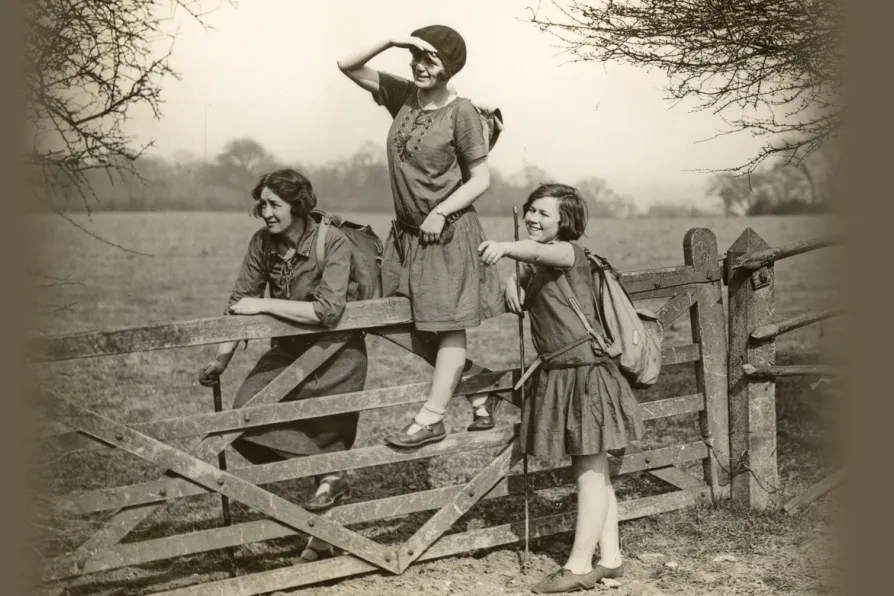All major Las Vegas Strip casinos are now unionised in a historic victory for labour, says RIO YAMAT
Getting back to the great outdoors
The Woodcraft Folk was founded as a different form of youth organisation, with its founding principles rooted in co-operative, pacifist socialist ideas, writes STEVEN WALKER

 Young Woodcraft Folk hiking in the country
Young Woodcraft Folk hiking in the country
THIS time of year we are urged to get out more, enjoy the fresh air and get back in touch with nature and the countryside or our local park.
It’s a familiar theme in the mainstream media, featuring health gurus and experts in emotional wellbeing.
There are proven benefits to physical exercise for those suffering mental illness and in recent times GPs and other health staff have been prescribing exercise or visits to local health centres.
More from this author

When it comes to care homes it’s the same cynical Tory tactic of cutting public funding for the state-run service so that privateers can swoop in to provide a degraded service, writes STEVEN WALKER

Profiteering while being an elected MP is a practice as old as the hills, particularly for the Tories, writes STEVEN WALKER

People are facing a triple whammy of rising energy costs, a national insurance hike and a cut to universal credit — but with Starmer’s failure to step up, it’s now up to the unions to fight back, writes STEVEN WALKER

Afghanistan currently supplies 90 per cent of the world’s illegal opium — but do not expect a crackdown the new fundamentalist government: it will be ramping up production for much-needed cash, warns STEVEN WALKER














